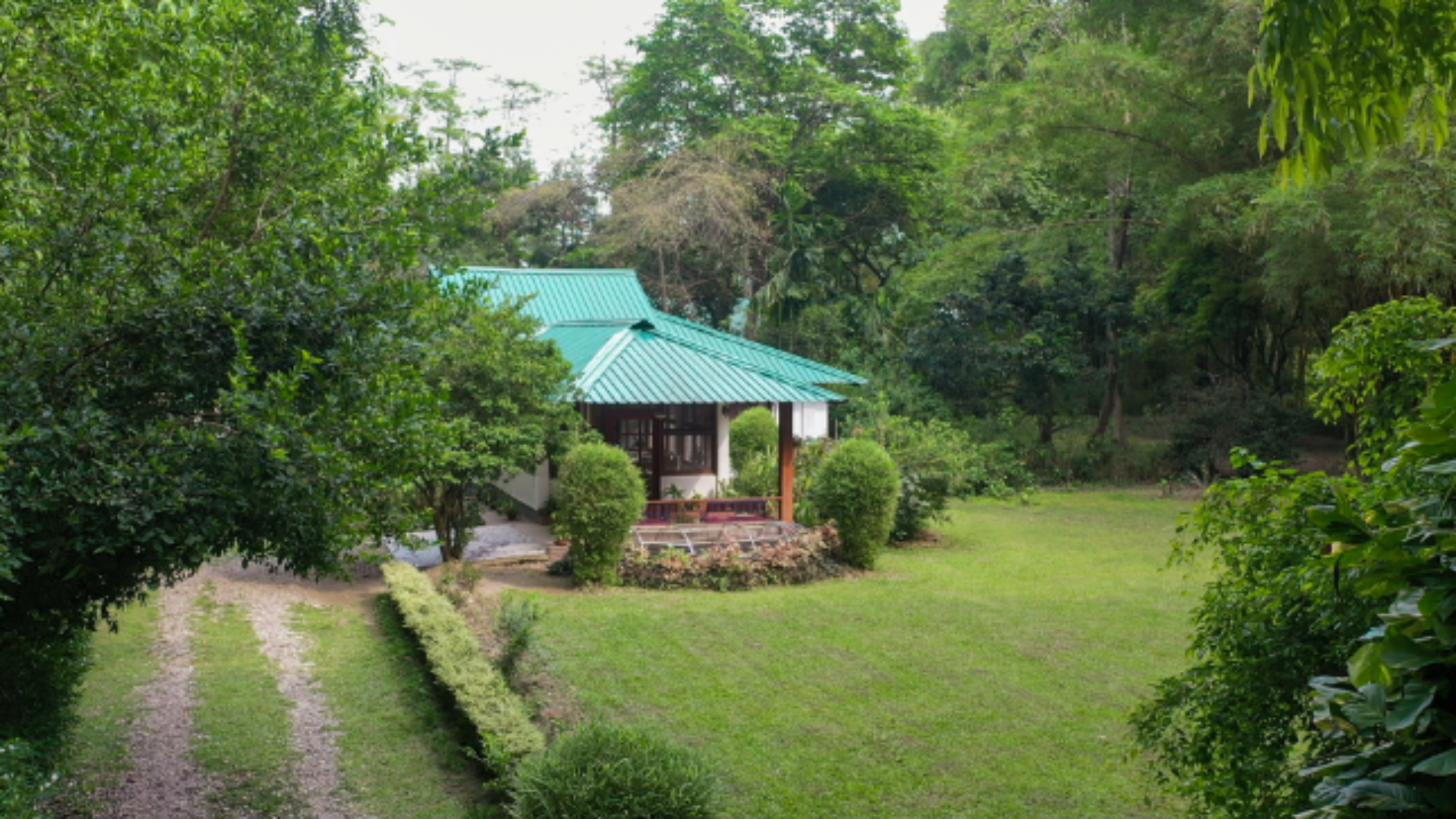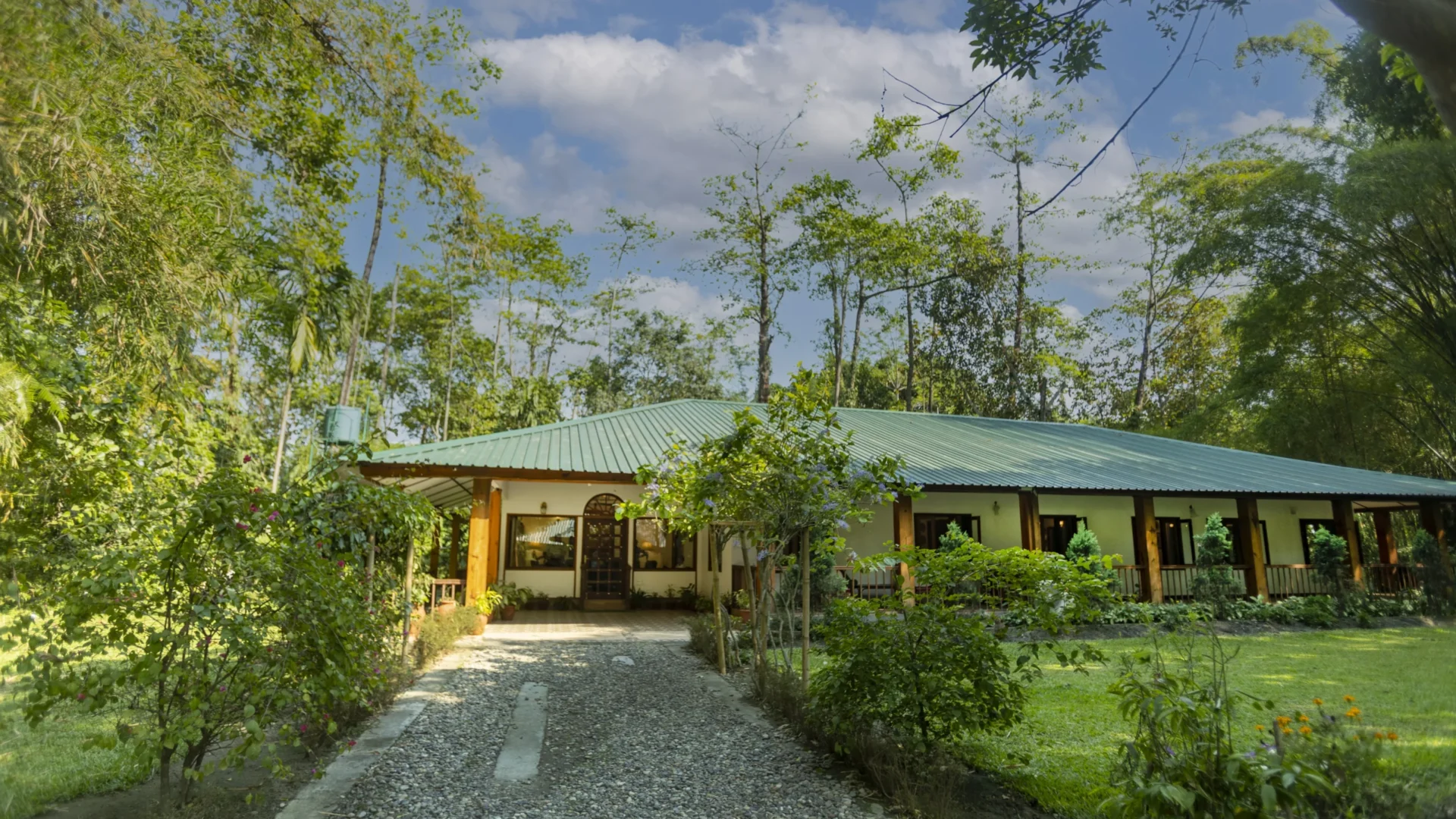‘Silver Tips’ and ‘Golden Tips’ refer to the small, unopened leaves of the tea plant. Years ago, tea farmers in China realized that the tips of the plants were the sweetest part of the plants. Over long winters, the tea plants store all the nutrients in itself. Come spring, the nutrients are then pushed out to the tea tips, making it robust, just in time for harvest. The term “tippy” indicates the tea plants that are mostly, if not entirely made of tips.
Peach
If you are fond of the fruit, you are likely to appreciate the tea, which is a herbal concoction delicately prepared from the dried leaves and barks of the peach tree. It is rich in vitamins and minerals which helps improve blood circulation in the body. While there is no caffeine in Peach tea, it still aids in boosting metabolism and acting as an energizing agent. A warm cup of Peach tea, with its sweet aroma and flavor will always help lift your spirit.
Orange Fanning
Believe it or not, tea grading is a complex system. Just like some kinds of tea fall into the category of ‘orange pekoe’, some are listed under ‘orange fanning’. When tea leaves are crushed to be packaged into tea bags, they are referred to as ‘fannings’ or ‘dust’, depending on how small the remnants of the leaves are, after they have undergone the sorting and crushing process. Orange Fanning is very popular in northern parts of India, as well as some parts of Africa and South America.
Black Currant
If you are open to experimenting with tea, Black currant tea could be a good place to start. It is a robust, fruity and caffeine-free herbal tea that is made from the leaves and fruits of the black currant plant. The tea has a dark purple tinge, not unusual of a fruit infused tea and is full-bodied on the palate. Packed with vitamins, the Black Currant tea is prized for its therapeutic value.












Reviews
There are no reviews yet.